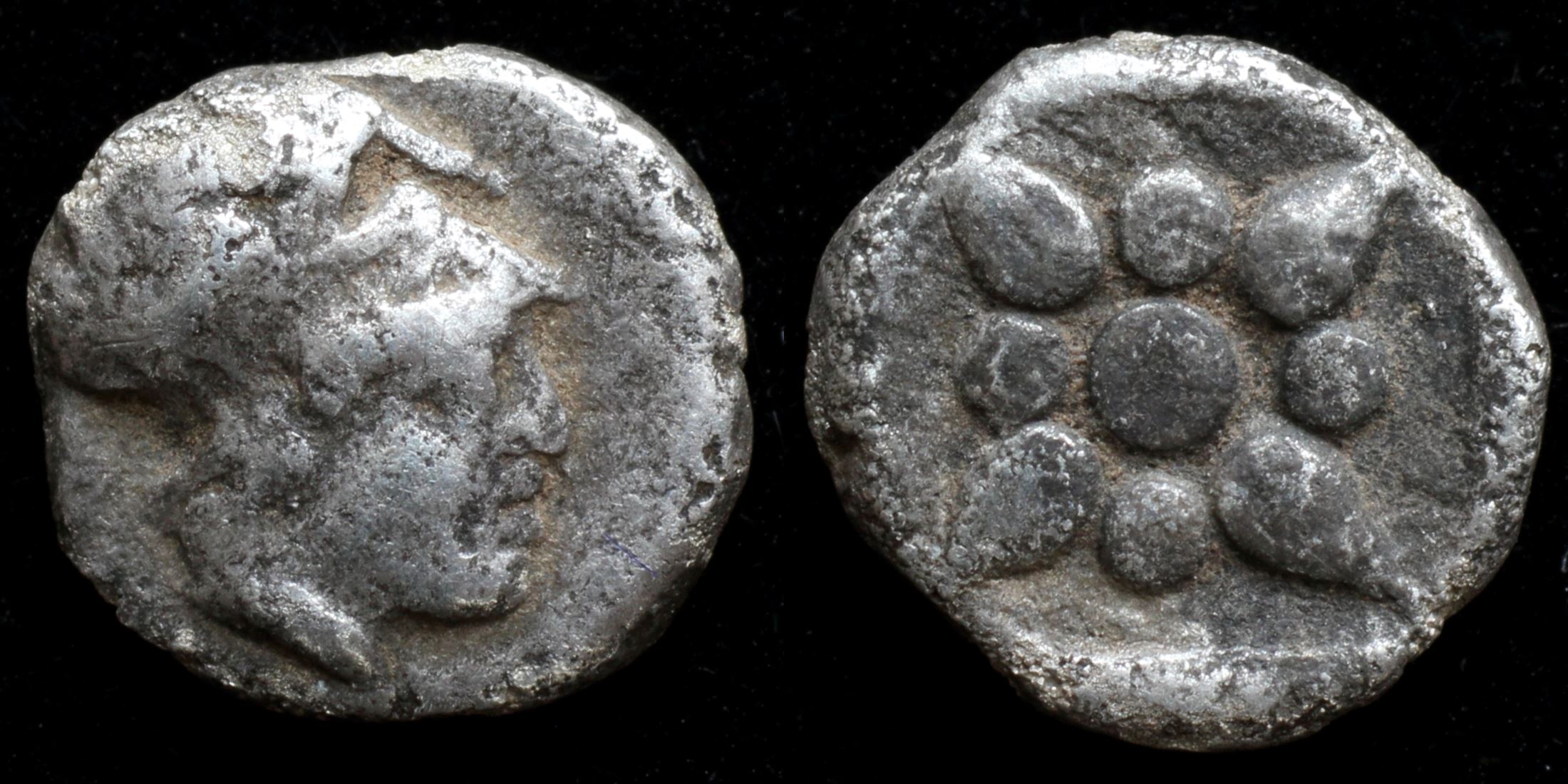Kolone or Kolonai was an ancient Greek city in the south-west of the Troad region of Anatolia. It has been located on a hill by the coast known as Beşiktepe ('cradle hill'), about equidistant between Larisa to the south and Alexandreia Troas to the north.
The obscure local historian Daës of Kolonai (Δάης ὁ Κολωναεύς) is the only literary figure from Kolonai who is known. As a writer of local history he can date no earlier than the late 5th century BC, and as a citizen of Kolonai he must date before c. 310 BC when Kolonai was incorporated in Alexandreia Troas.
When Daës of Kolonai was writing, the inhabitants of Kolonai thought they had been founded by Aeolian Greeks. Given that Lesbos was also ethnically Aeolian and Kolonai was one of the so-called Actaean cities which Athens took from Mytilene following the end of the Mytilenean revolt in 427 BC, it is likely that Mytilene founded Kolonai and subsequently controlled it.
The obscure local historian Daës of Kolonai (Δάης ὁ Κολωναεύς) is the only literary figure from Kolonai who is known. As a writer of local history he can date no earlier than the late 5th century BC, and as a citizen of Kolonai he must date before c. 310 BC when Kolonai was incorporated in Alexandreia Troas.
When Daës of Kolonai was writing, the inhabitants of Kolonai thought they had been founded by Aeolian Greeks. Given that Lesbos was also ethnically Aeolian and Kolonai was one of the so-called Actaean cities which Athens took from Mytilene following the end of the Mytilenean revolt in 427 BC, it is likely that Mytilene founded Kolonai and subsequently controlled it.
Modern location: Alemşah, Turkey
(1)
Kolone

Obverse: head of Athena right wearing Corinthian helmet
Reverse: star ornament within incuse square
Diameter:
6 mm
Die Orientation: -
Weight: 0.5 g
Die Orientation: -
Weight: 0.5 g
No notes for this coin
Cf. Gorny & Mosch 176, 1246; Peus 407, 2012, 485; Auktion Hauck & Aufhäuser 15, 2000, Nr.96 f; Naumann 8/134; SNG Kayhan II vgl. 1583
